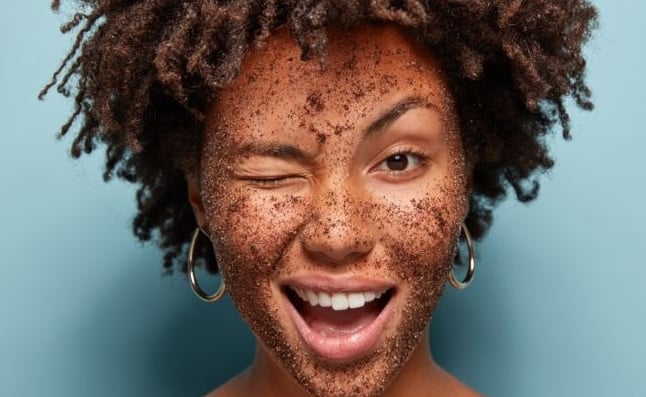In recent years, the skincare industry has witnessed an influx of brands that sell organic and natural skincare products. However, most of these products end up being unsafe for the skin.
A 2022 report ranked Nigeria’s women as the highest consumers of these creams and products; some of which have also been proven harmful to the skin and health generally.
While getting your skincare products, here are red flags to avoid.
- Products with missing ingredients list
Skincare products that do not have a clear ingredient list raise significant concerns and should be avoided.
If a product is legitimate, there should be an ingredients list that provides information about how it is formulated — what is there to hide?
Without an ingredients list, it will become quite difficult for you to know if the product is suitable for your skin or has any harmful ingredients. This can further lead to skin reactions, allergies, and other adverse effects.
- Skincare products without regulatory approvals
Steer clear of products that have no regulatory approvals or certifications from relevant health authorities like NAFDAC, if the product is produced in Nigeria.
If a product is approved, it means it met the safety and quality standards set by these authorities. So the absence of regulatory approval means there is no guarantee of the product’s effectiveness and can cause adverse effects when used.
So make sure to check for the NAFDAC number of Nigeria-made skincare products when purchasing. As it is now very easy for anybody to set up a social media account as a skincare brand or vendor without following the necessary guidelines.
Beware!
- Skincare products with unrealistic or magical result claims
‘It clears acne in 7 days’, and ‘It brightens your skin in 3 days’ — these tend to be the trending marketing strategy of most ‘organic’ skincare products.
However, it should be known that perfect glowing skin cannot happen overnight, it is a gradual process that requires patience and commitment.
So be careful with those products that promise magical results as they lack research and evidence.
Rather choose skincare products that align with your skincare needs and are backed up with realistic claims.
- ‘All in one/ Multipurpose’ skincare products
This is a major red flag in any skincare product and should be avoided.
A product serving different purposes may seem convenient for you probably economically. But in reality, it is suspicious, just one product caters to acne, hyperpigmentation, sun protection — how?
Combining multiple active ingredients in a single product can reduce the efficacy of a product and even cause adverse reactions when used.
- Skincare products that claim to change your complexion
The primary reason for skincare is to have a radiant and even skin tone, so products that promise drastic changes in complexion should raise red flags.
Most organic skincare brand now sells skin whitening or lightening products instead of products that make the skin tone even.
It should be known that these skin-lightening or whitening ingredients have adverse effects. For example, hydroquinone and mercury have been proven to be associated with skin irritation, sensitivity, and even serious health risks.
- Skincare products without expiry date
Skincare products that do not have necessary information like expiry can be harmful to the customers.
The expiry date is crucial to know the product’s shelf life and ensure its effectiveness and safety.
If a product does not have an expiry date, it becomes hard to know if they are still safe to be used.
Also, using skincare products when they are expired can lead to skin irritation and allergic reactions.
To get your desired skin goal, prioritize products with proven efficacy, genuine ingredients, and transparent marketing practices. Also, seek the help of a dermatologist when necessary.
Copyright 2025 TheCable. All rights reserved. This material, and other digital content on this website, may not be reproduced, published, broadcast, rewritten or redistributed in whole or in part without prior express written permission from TheCable.
Follow us on twitter @Thecablestyle

